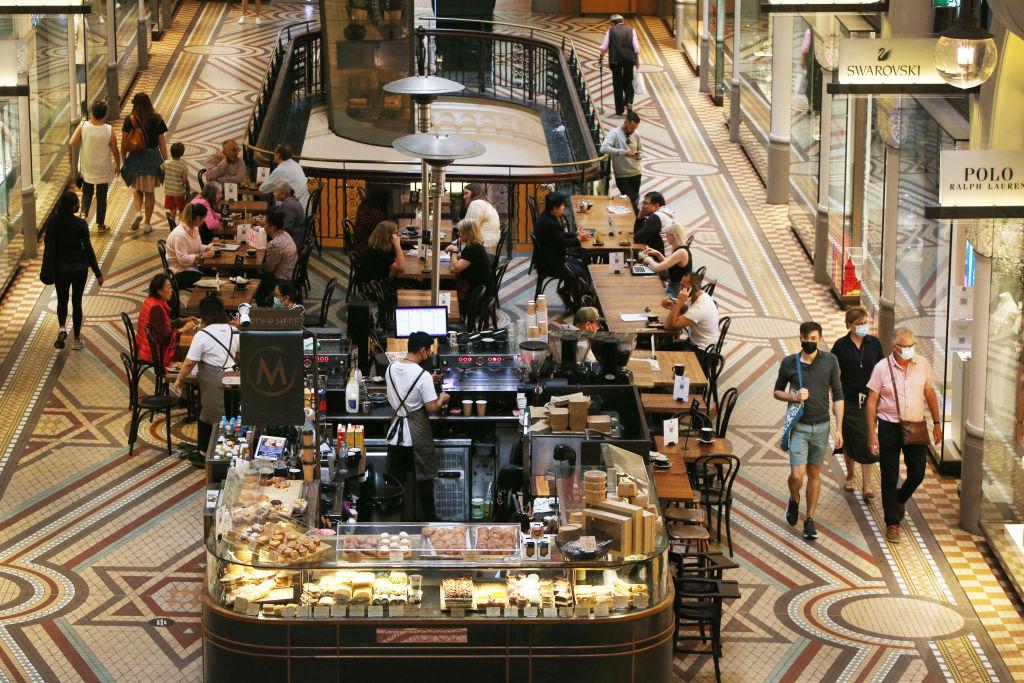Former Commonwealth Treasury official Gene Tunny says the federal government must cut spending to have any chance of reining in inflation.
Tunny, now-director of Adept Economics, says multiple factors contributed to Australia’s current inflation rate of 5.1 percent—likely to be higher at the next announcement—including the war in Ukraine and billions in COVID-19 era subsidies.





